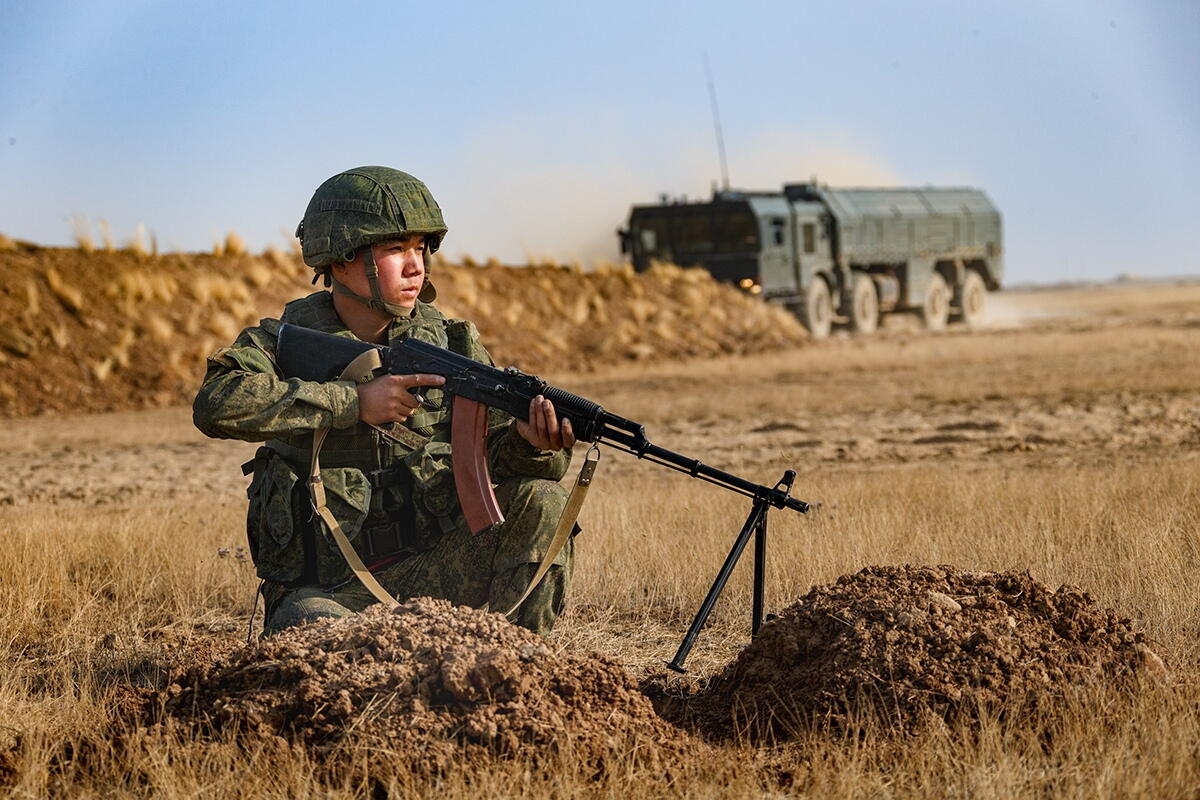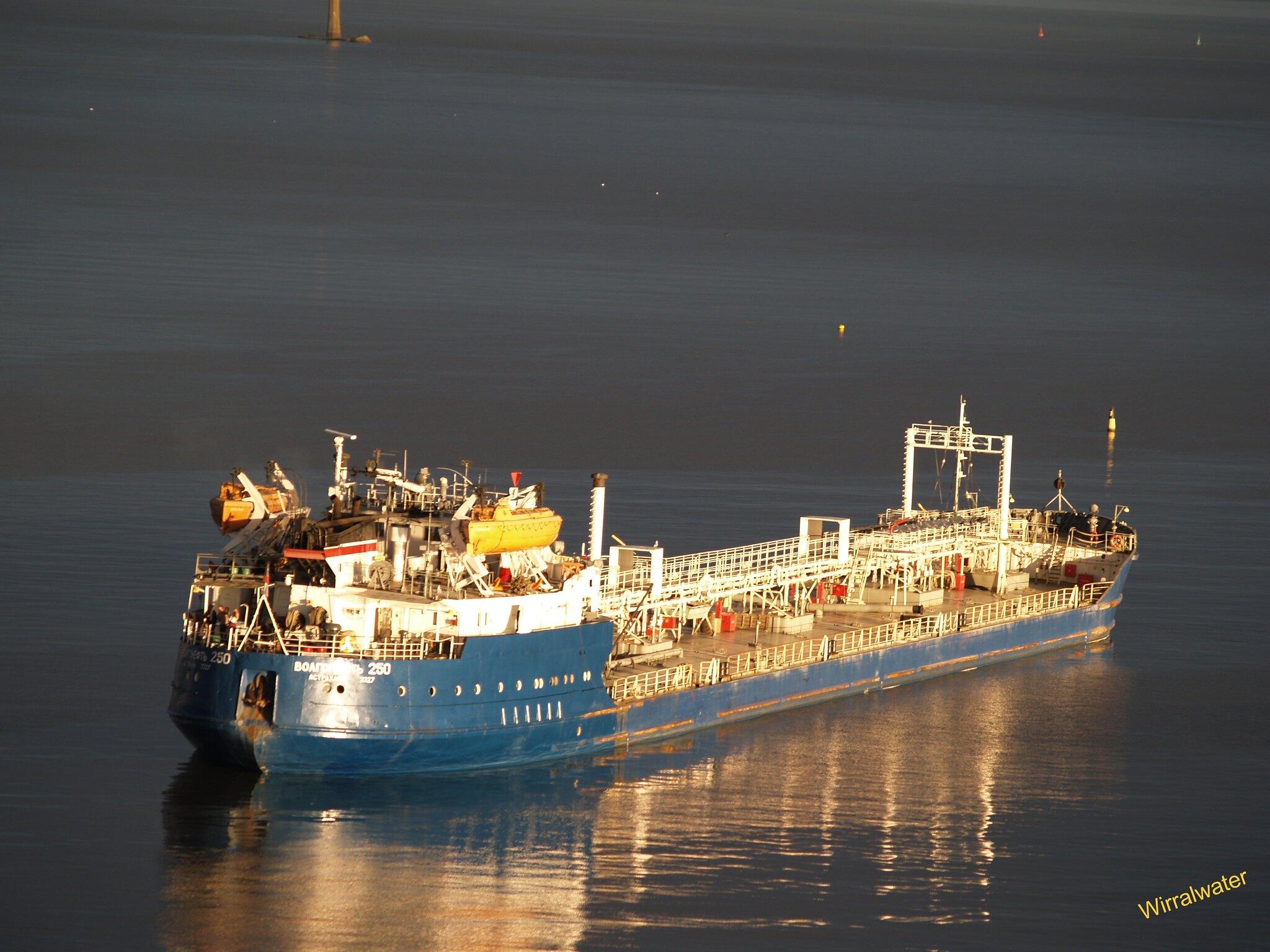As the Russian invasion of Ukraine nears its fourth year, the Kremlin faces mounting challenges financing its ongoing military campaign.
Despite intensifying Western sanctions and economic pressures, Russia continues to find ways to fund its war efforts. However, this is at an increasingly high cost to the economy and its citizens.
The State of the Russian Economy
The Russian economy is showing significant signs of strain under prolonged warfare and international sanctions. The ruble weakened 22.8% in 2024, with inflation surging to 8.9% annually as of November 2024. This was more than double the state's 4% target.
This economic instability is largely attributed to the massive increase in military expenditures, which some reports suggest may be twice the official military budget.
Russia's 2025 budget, approved by the State Duma in November 2024, prioritises war spending above all else. The budget allocates a staggering 43% of total expenditure to national defense and internal security, with additional military-related funds concealed in other budget chapters.

Sanctions and Their Impact
The United States and its allies recently imposed their toughest sanctions yet on Russia's oil industry. They targeted major producers like Gazprom Neft and Surgutneftegas, along with numerous vessels, oil traders, and energy officials.
The measures aim to disrupt Russia's primary source of war funding, potentially costing the country billions of dollars monthly.
Ukrainian President Volodymyr Zelenskyy expressed confidence that these newly introduced sanctions would “deliver a significant blow to Russia's war machine's financial foundation by disrupting its entire supply chain”. The sanctions are designed to impact every phase of Russian oil production and distribution, making it increasingly difficult for Russia to maintain its oil revenues.
The 'Shadow Fleet' and Sanctions Evasion
Despite intensifying sanctions, Russia has maintained a significant portion of its oil revenues through a "shadow fleet" of tankers. This fleet, consisting of second-hand vessels owned by obscure entities in countries not participating in sanctions, has allowed Russia to circumvent the G7's price cap on oil exports.
A recent investigation by Finnish newspaper Yle revealed that Dubai has emerged as a key centre for Russia's shadow fleet operations. At least 55 vessels from Russia's shadow fleet belong to United Arab Emirates-based companies, with one Dubai-registered company owning 24 vessels currently on European Union and British sanctions lists.
This shadow fleet facilitates the continued flow of oil to China, India, and Turkey. By evading the price cap, Russia has increased the price it receives for oil on the global market. The discount on Russian oil compared to the international benchmark Brent decreased from $35 per barrel to under $10.

Cryptocurrency and Sanctions Circumvention
In addition to the shadow fleet, Russia has been exploring cryptocurrency to bypass Western sanctions. The country has been pushing for the adoption of digital currencies in international trade. This could provide an alternative means of conducting transactions outside the traditional banking system.
The Russian government has introduced legislation to integrate cryptocurrency into its financial sector, with the Central Bank of Russia spearheading initiatives for cross-border settlements using virtual currencies.
Companies like Joint Stock Company B-Crypto have partnered with sanctioned banks to facilitate these transactions.

Economic Outlook and Sustainability
The question of whether Russia can sustain its war effort in the face of these economic challenges looms large. The plummeting ruble and soaring inflation spell trouble for Russia's war financing. Analysts at Renaissance Capital warn that the 2025 budget could contribute to higher-than-expected inflation, projecting a 5.4% rate for the year.
The Russian Central Bank has responded to these pressures by tightening monetary conditions, with the key interest rate rising to 20% in October 2024. Analysts expect limited room for rate cuts in 2025, with a baseline projection of a key interest rate between 14.5% and 15%.
Despite these challenges, the Kremlin has shown unwavering determination to continue the conflict. The 2025 budget demonstrates a willingness to drain the national economy and increase the tax burden on businesses and citizens to fund the war effort.
International Response and Future Prospects
The international community continues to tighten Russia's economy screws. The European Union maintains sanctions against Russia. Reports suggest that former President Trump's team may be rethinking its approach to ending the Russia-Ukraine war.
However, experts warn that even if U.S. leadership changed tactics, sanctions against Russia might prove "stickier than expected" to remove. The complex web of economic measures and their far-reaching effects on global trade and finance could make swift policy reversals challenging.
Conclusion
As Russia prepares for another year of war in Ukraine, its ability to finance the conflict is severely tested. The combination of Western sanctions, economic strain, and innovative evasion tactics has created a complex and volatile situation. While the Kremlin remains committed to its military campaign, the long-term sustainability of this approach is increasingly questionable.
The coming months will be crucial in determining whether Russia's economic maneuvering can outpace mounting pressures from sanctions and internal economic challenges.


